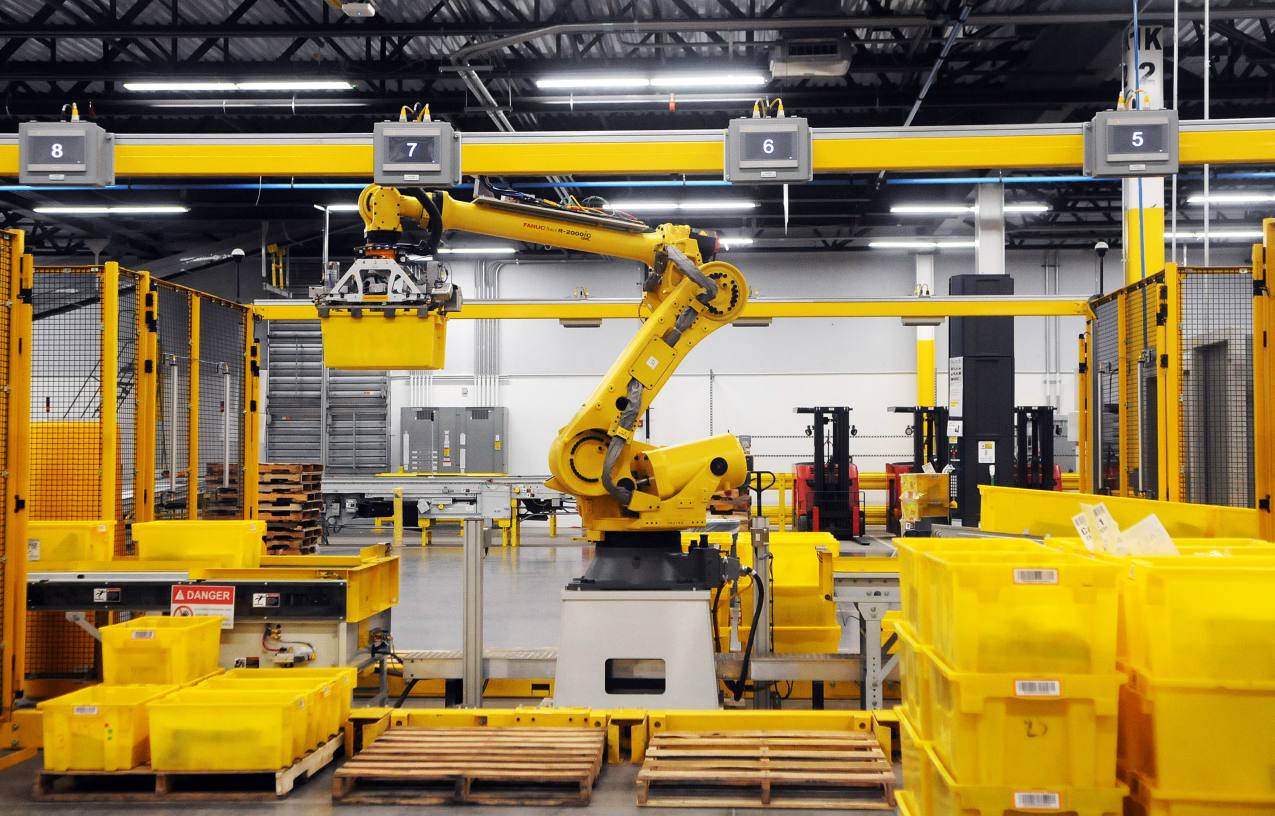This increasing demand is matched by limited supply due to fierce competition for land for new urban hubs as the populations of cities continue to grow. Already, in areas of high urban density, it is possible to witness the odd spectacle of articulated lorries driving up ramps to the third or fourth floor of a distribution centre, as landlords develop solutions to increase the available space in constrained locations.
Digitalisation is creating a boom in demand for modern logistics space, with automation increasingly sought after, and competition for land increasing, there is likely to be consistent upward pressure on rental values. Specialist REITs which own these sheds, such as Goodman Group, Prologis, and SEGRO – likely investments for the VT Gravis Digital Infrastructure Income Fund –are therefore well-placed to benefit.
Gravis estimates that that average unexpired lease lengths of REITs in this sector is 5.9 years, with these long-term leases incorporating contractual escalators. Tenants tend to be relatively ‘sticky’, with occupier turnover low. In the event of a tenant moving out, the meaningful amount of money involved in moving from one location to another makes staying in place a far more appealing option for businesses; industry experts estimate the cost of relocation at £4 million per 100 sq. ft of warehouse space, not to mention the disruption. Equally, the level of investment required to automate systems to improve efficiency – such as the introduction of the ‘cobot’ – means many tenants are less likely to move and abandon the improvements they have put in place.
The REITs that own logistics real estate have delivered steady long-term income for investors and the last, difficult year has only served to entrench their value. These assets have become critical to society, thereby underpinning their income. That is however not just a recent phenomenon, rental sustainability has been a feature of this asset class for years. For example, Prologis, the largest global logistics REIT, has increased its dividend per share every year since 2013 and thanks to the growth of e-commerce, the rental income from their tenants has been steady and growing worldwide. The likes of Prologis offer big space at relatively affordable starting rents, particularly when compared to the high street and retail parks. As an added boost, many contracts incorporate contractual rental uplift or index-linkage.
We have previously explored the growth of digitalisation and shown that, powered by our insatiable habit for connectivity, mankind is driving a new industrial revolution. The last stop on the journey for each e-commerce interaction lies with the less glamorous, but ever necessary, function of fulfilment. The landlords of big warehouses are already in place and are expanding their estates to meet the growth we expect. Whether that is acquiring or developing big sheds in central locations, or smaller sites in more urban locations, the trend is heading in one direction. This is coupled with the increasing investment required by tenants to automate their fulfilment process and boost efficiency.








